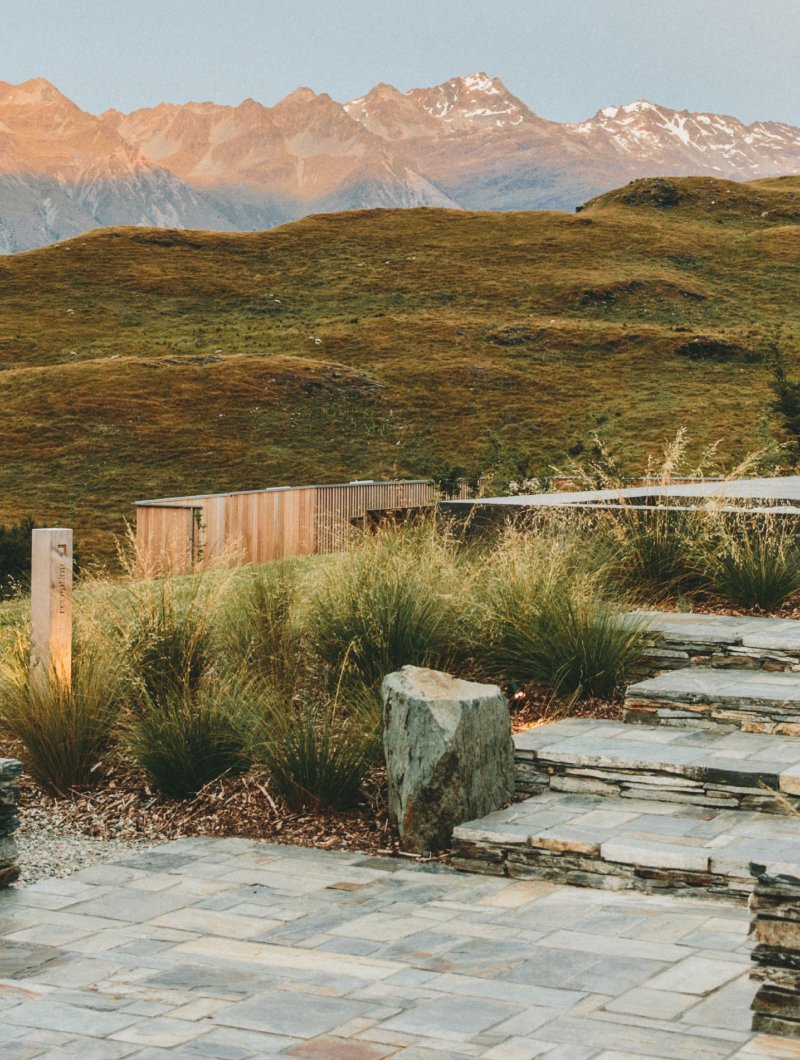Gwenno
“I was thinking about what I want to say about this record. The conclusion I’ve come to is that it’s a record about failures. It’s about accepting that things don’t work out as you planned and celebrating them. It’s about acknowledging everyone you’ve been.”
Forty-three years into her life, Gwenno Saunders has been many people. The disaffected Cardiff schoolgirl; the teenage Las Vegas dancer; the singer in indie pop group The Pipettes. There was a turn in a Bollywood film, a nightclub tour, a stint cleaning floors in an East London pub. Long before she would become an acclaimed solo songwriter in both Welsh and Cornish, a winner of the Welsh Music Prize, a nominee for the Mercury, a Bard of the Cornish Gorsedh, there were the days of Nevada, London, Brighton; of Irish dancing, techno clubs, messiness and chaos.
Utopia, Saunders’ fourth solo album, is an extraordinary exploration of all of these selves. If the singer regards her first three solo records — 2014’s Y Dydd Olaf, 2018’s Le Kov and 2022’s Tresor as “childhood records”, rooted in her upbringing, her parents, her formative identity, then Utopia captures a time of self-determination and experimentation. These are songs of discovery, of the years between being someone’s daughter and becoming someone’s wife and someone’s mother. They range from floor-fillers to piano ballads, via contributions from Cate Le Bon and H. Hawkline, and encompass William Blake, a favourite Edrica Huws poem, and the Number 73 bus. It is her finest work to date.
There is a sense of revelation to Utopia, a feeling markedly different to that of previous records. Having recorded three albums in Welsh and Cornish, Utopia is Saunders’ first record in English, and presents a quite different side of her life and songwriting.
“I feel as if I’ve written a debut record, because it’s a different language and it’s a different part of my life,” she says. “It’s about that point where I go out into the world on my own, which people generally write about first, and then get on with their lives. But it’s taken me so long to digest it — I needed 20 years just to make sense of things, and I realised the starting point of my creative life isn’t Wales, it’s actually North America.”
See Gwenno on Thursday 19th June
See Gwenno on Thursday 19th June
Saunders was a teenager when she left school to take up the lead role in Michael Flatley’s Lord of the Dance show in Las Vegas. For two years, she lived in an apartment complex with her fellow performers. They were seven miles from the strip, 40 teenagers with nothing much to do. There was a pool and a gym; drink, drugs, eating disorders. “Then every Saturday we’d go to this techno club called Utopia and just get completely spangled until Monday, when we had to go back to work,” she says.
The techno scene was a revelation to her then. “It was the happiness of knowing that you’re not alone,” she says. “It was the first time that I’d felt that togetherness as myself, not as a congregation in a church, or as part of my Mum’s choir. It was completely my own being that was connected to everything else.”
She named the record Utopia in part to honour the wonder of those nights and that time, but also to nod to the fact that each of the album’s 10 songs belongs to its own place and time. “In the original Greek, ‘utopia’ doesn’t mean the ideal place, it means ‘non-place’,” she says. “And that’s the point of the record as well.”


